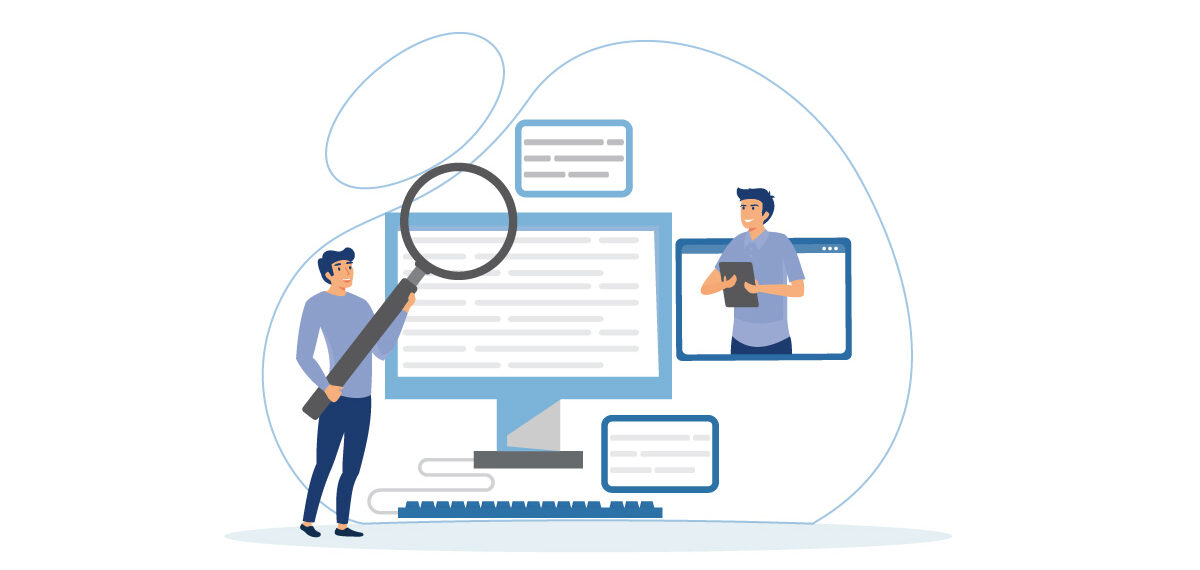Cultivating Financial Clarity with an Up-to-Date Balance Sheet
In the realm of business, financial management reigns supreme. It’s the compass that guides decisions, shapes strategies, and ultimately determines success. At the core of this financial universe lies the often-underappreciated balance sheet – a document that can mean the difference between thriving and merely surviving in the competitive world of commerce.
What is a Balance Sheet
A balance sheet, often referred to as the “statement of financial position,” is one of the three fundamental financial statements used in accounting, the other two being the income statement and the cash flow statement. At its core, a balance sheet provides a snapshot of a business’s financial condition at a specific point in time. It consists of three main components:
- Assets: These represent everything a business owns that has value and can be used to generate future revenue. Assets are categorized into two types: current assets (e.g., cash, accounts receivable, inventory) and non-current assets (e.g., property, equipment, investments).
- Liabilities: Liabilities encompass the financial obligations a business owes to external parties. They are also categorized into two types: current liabilities (e.g., accounts payable, short-term debt) and non-current liabilities (e.g., long-term loans, leases).
- Shareholders’ Equity: This represents the residual interest in the assets of the business after deducting liabilities. It is essentially the net worth of the business and includes items like retained earnings and capital contributions from owners.
The balance sheet follows a fundamental equation known as the accounting equation:
Assets = Liabilities + Shareholders’ Equity
This equation ensures that the assets of a business are always balanced by its liabilities and equity.
Why Every Business Needs a Balance Sheet
A balance sheet isn’t just a document for accountants or investors; it’s a cornerstone of financial management with several pivotal roles:
- Financial Health Assessment: The balance sheet provides a clear view of a business’s financial health. It reveals whether the business has more assets than liabilities (a sign of financial stability) or more liabilities than assets (a potential financial red flag).
- Credibility: A well-prepared balance sheet enhances a business’s credibility when seeking loans, negotiating with vendors, or attracting investors. It demonstrates a comprehensive understanding of the business’s financial position.
- Strategic Decision-Making: An up-to-date balance sheet is indispensable for strategic decision-making. It helps determine whether the business has the financial resources to invest in growth, take in debt, distribute profits to shareholders, or weather economic downturns.
- Monitoring Trends: Regularly updating the balance sheet enables businesses to monitor financial trends over time. It provides insights into whether the business is improving or facing financial challenges that require attention.
- Legal Compliance: Depending on jurisdiction and business structure, maintaining an accurate balance sheet may be legally required. Non-compliance can lead to legal issues and financial penalties.
- Tax Planning: An up-to-date balance sheet aids in tax planning and ensures accurate reporting of financial position to tax authorities. It helps identify deductions and credits that can reduce tax liability.
Overcoming Challenges
Maintaining an accurate balance sheet is a task that every business must undertake to ensure financial transparency, compliance, and effective decision-making. However, this seemingly straightforward task comes with its own set of complexities and challenges. Businesses often grapple with evolving asset valuations, intricate depreciation calculations, hidden liabilities, and the nuances of complex financial transactions. Consistency in accounting practices, staying compliant with financial regulations, and integrating financial statements are ongoing challenges. In this intricate landscape, the expertise of experienced accountants or financial professionals can be invaluable. Contact NOW CFO today to ensure you can confidently navigate the complexities and maintain an accurate balance sheet that serves as a reliable financial compass for your business growth.



